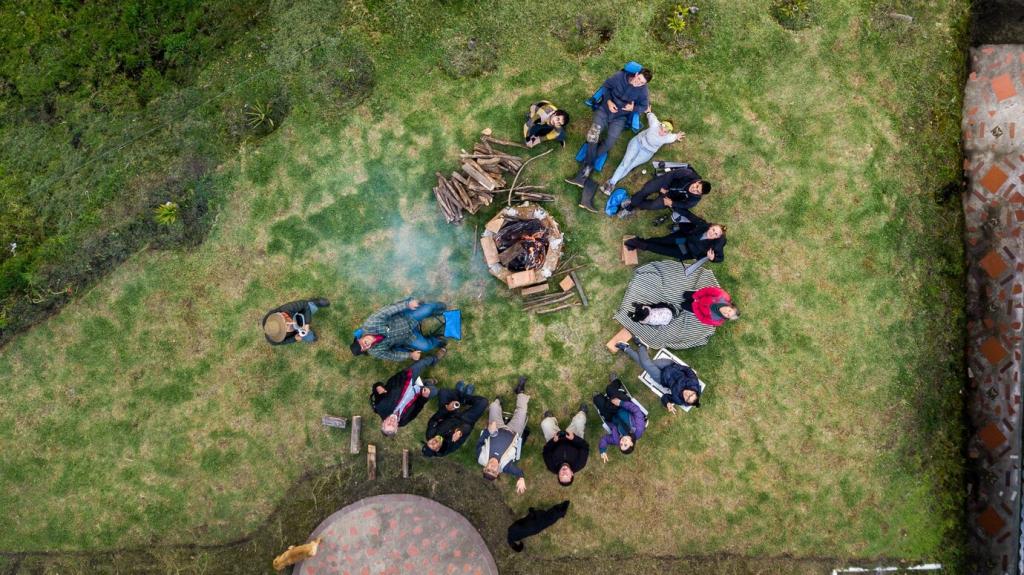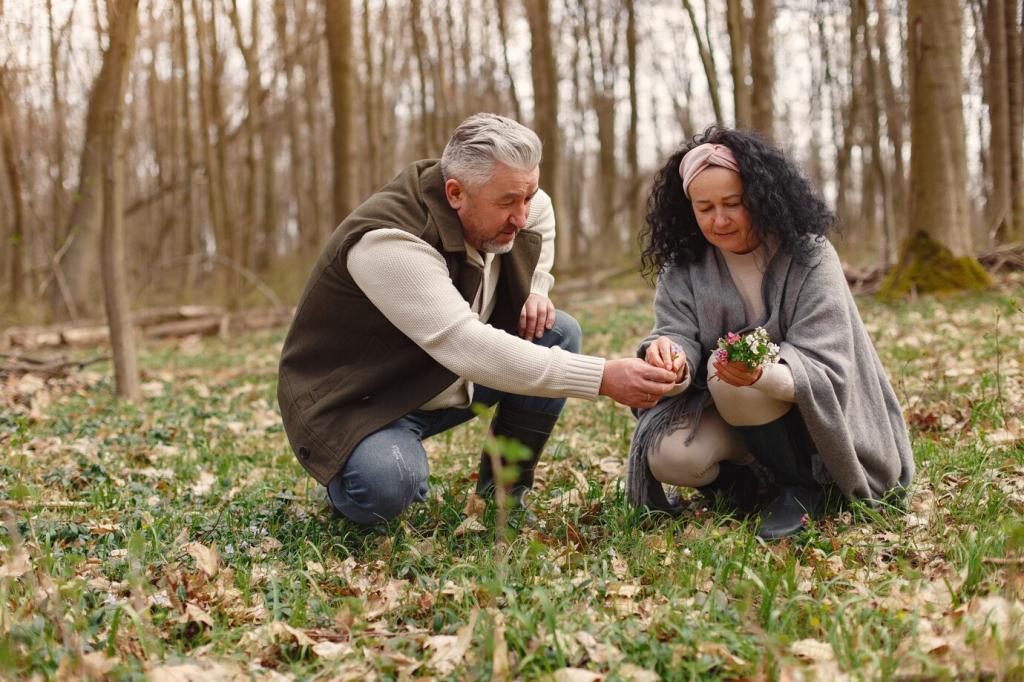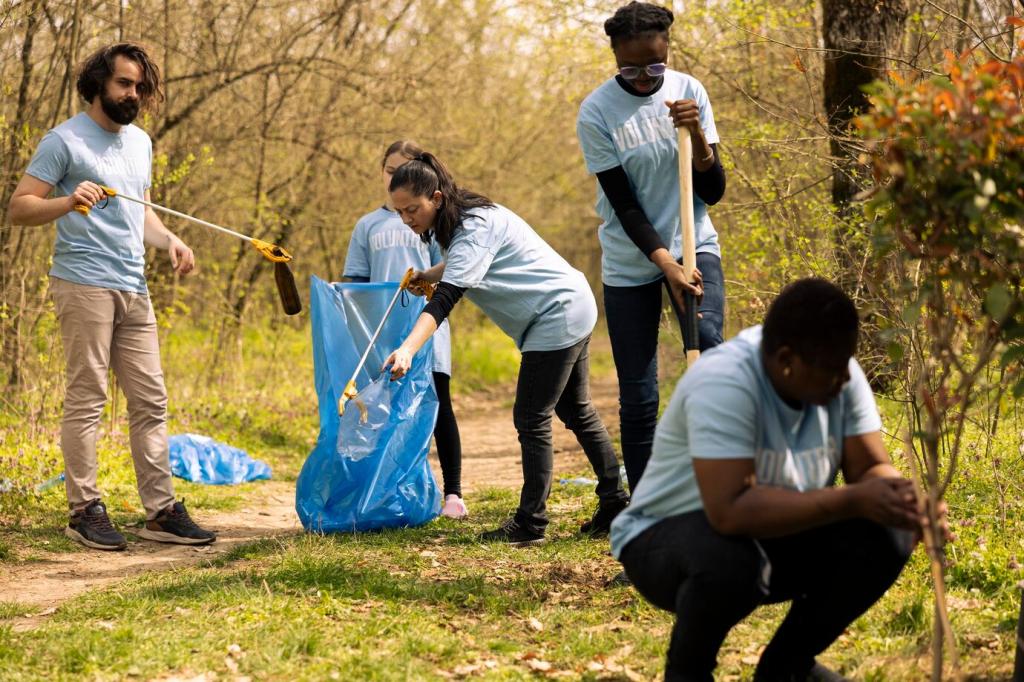Policy from the Porch: Small Wins, Big Habitats
Recommend pesticide-free zones near schools, allow naturalized yards, and add native-plant incentives for new developments. Bring photos of neighborhood species and testimony from gardeners. Share your draft language with our readers; we will highlight the strongest ideas in a newsletter.
Policy from the Porch: Small Wins, Big Habitats
Propose small, transparent grants for tools, soil, and seedlings managed by neighborhood groups. Show cost-benefit comparisons versus repeated mowing. Invite allied businesses to match funds. Comment if your city offers microgrants already, and tell us what made the proposal successful.







